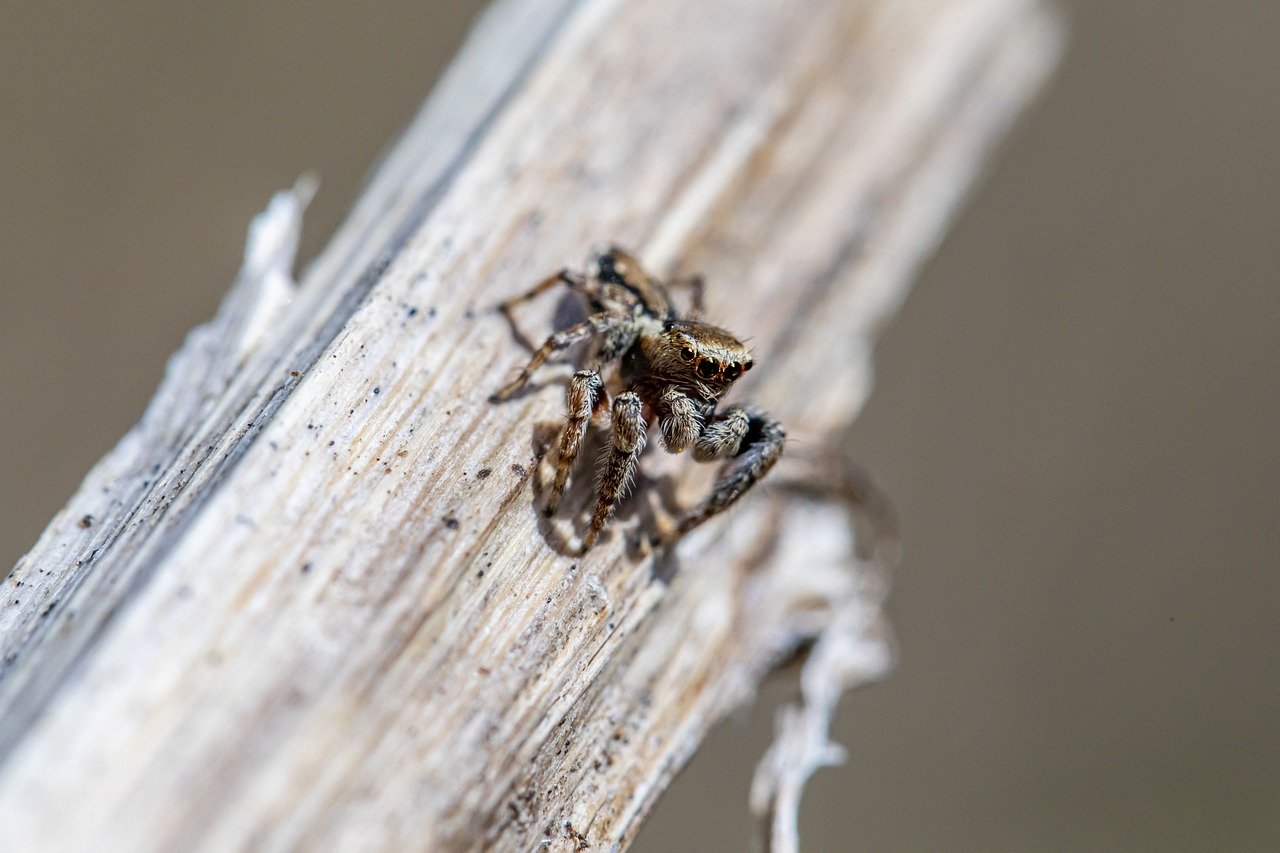
The importance of pest prevention in real estate maintenance cannot be overstated. Beyond the immediate inconvenience of dealing with pests, the long-term consequences can be far-reaching, affecting property values, tenant satisfaction, and even structural integrity. Implementing a comprehensive pest prevention strategy is therefore not just an option but a necessity for property managers and owners.
Protecting Property Values
One of the primary reasons pest prevention is crucial in real estate maintenance is its direct impact on property values. Pests such as termites, rodents, and ants can cause extensive damage to buildings. Termites, for instance, are notorious for their ability to silently destroy wood structures, which can lead to significant repair costs if left unchecked. Rodents, on the other hand, not only gnaw through wires, potentially causing electrical fires but also contaminate surfaces with their droppings, which poses health risks.
A property infested with pests is less appealing to potential buyers or tenants. The presence of pests can lead to a perception of neglect, suggesting that the property is not well-maintained. This can significantly lower the market value of the property. Preventative measures such as regular inspections, sealing entry points, and maintaining clean environments can help in the early detection and mitigation of pest problems. By maintaining a pest-free environment, property owners preserve the aesthetic and structural integrity of their buildings, thereby safeguarding their investment.
Ensuring Health and Safety
Another critical aspect of pest prevention in real estate maintenance is the health and safety of occupants. Many pests are vectors for diseases. For example, rodents can spread hantavirus, leptospirosis, and salmonella, while insects like mosquitoes and ticks can transmit diseases such as West Nile virus and Lyme disease. Cockroaches, often found in urban environments, are known to exacerbate asthma and allergies, particularly in children.
Maintaining a pest-free property is essential for creating a safe and healthy living or working environment. This involves regular cleaning, waste management, and the use of pest-resistant materials in building maintenance. Additionally, educating tenants or occupants about the importance of reporting signs of pest activity can lead to prompt action and prevent minor issues from escalating. Implementing these preventive measures helps minimize the health risks associated with pests and ensures a safer environment for everyone.
Preserving Structural Integrity
The structural integrity of a building is another area where pest prevention plays a vital role. Pests can cause significant damage to the physical components of a property, compromising its stability and safety. Termites, for instance, can weaken wooden foundations, beams, and supports, while carpenter ants hollow out wood to build their nests. Even pests like birds can cause damage; their droppings are highly acidic and can corrode building materials, leading to costly repairs.
Preventative strategies are crucial to mitigate these risks. Regular building inspections by pest control professionals can identify early signs of infestation before they become severe. Implementing physical barriers, such as metal mesh screens, around potential entry points can deter pests from entering. Additionally, maintaining landscaping and ensuring proper drainage around the property can reduce the attractiveness of the property to pests. By taking these steps, property managers can protect the structural integrity of their buildings, ensuring long-term durability and safety.
Leveraging Professional Pest Control Services
While DIY measures and routine maintenance play significant roles in pest prevention, leveraging professional pest control services is an essential aspect of a comprehensive pest management strategy. As explained by experts from Orkin, professional pest control services offer expertise and resources that go beyond the capabilities of typical property maintenance. These services provide thorough inspections, accurate identification of pest species, and tailored treatment plans that address specific pest issues effectively.
Engaging professional pest control services ensures that properties receive the most effective treatments using the latest techniques and environmentally friendly products. Pest control professionals are trained to detect early signs of infestation that might be missed by the untrained eye. They can also provide ongoing monitoring and maintenance, ensuring that any potential pest issues are addressed promptly before they become severe problems. This proactive approach not only protects the property from significant damage but also provides peace of mind to property owners and tenants alike.
Implementing Integrated Pest Management (IPM) Strategies
An effective approach to pest prevention in real estate maintenance is the implementation of Integrated Pest Management (IPM) strategies. IPM combines various methods, including cultural, biological, and chemical controls, to manage pests in a sustainable and environmentally responsible manner. This holistic approach focuses on preventing pest problems before they occur, minimizing the need for reactive measures. By incorporating IPM principles into property maintenance protocols, property managers can reduce reliance on pesticides while effectively managing pest populations.
Cultural practices such as proper waste management, sanitation, and landscape maintenance are fundamental components of IPM. Removing food and water sources and eliminating harborage areas reduce the attractiveness of properties to pests. Biological controls, such as introducing natural predators or using microbial agents, can help control pest populations without harming beneficial organisms or the environment. When chemical controls are necessary, IPM prioritizes the use of low-toxicity pesticides targeted specifically at the pest species, minimizing risks to human health and non-target organisms.

Investing in Continuous Education and Training
In the ever-evolving field of pest management, staying informed about new technologies, best practices, and emerging pest threats is essential. Investing in continuous education and training for property management staff and tenants can enhance their awareness and understanding of pest prevention strategies. Training sessions conducted by pest control professionals can cover topics such as pest identification, behavior, and prevention methods. Empowering individuals with knowledge equips them to take proactive measures and report potential pest issues promptly, contributing to a collaborative approach to pest prevention within real estate properties.
Pest prevention is paramount for real estate maintenance to safeguard property values, ensure health and safety, and preserve structural integrity. By implementing a comprehensive pest prevention strategy that includes regular inspections, maintenance, and education, property owners and managers can effectively manage pest populations and minimize the risks associated with infestations. Leveraging professional pest control services, implementing Integrated Pest Management strategies, and investing in continuous education and training are integral components of a proactive approach to pest prevention. By prioritizing pest prevention, real estate properties can maintain high standards of cleanliness, safety, and desirability for occupants, ensuring long-term success and sustainability.










